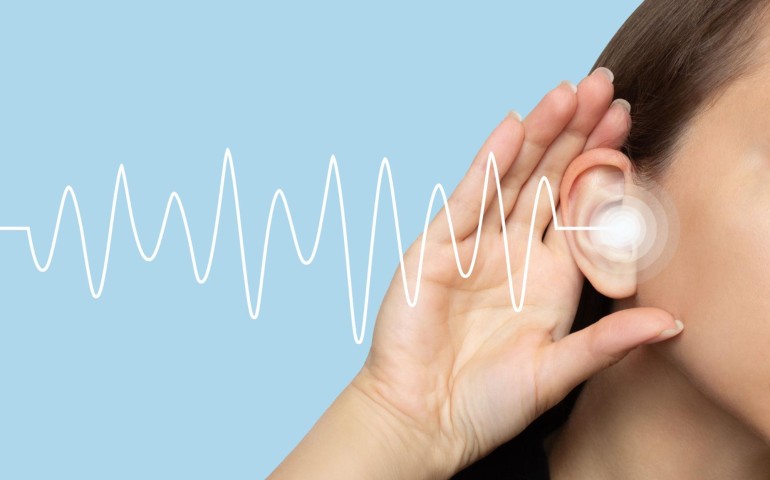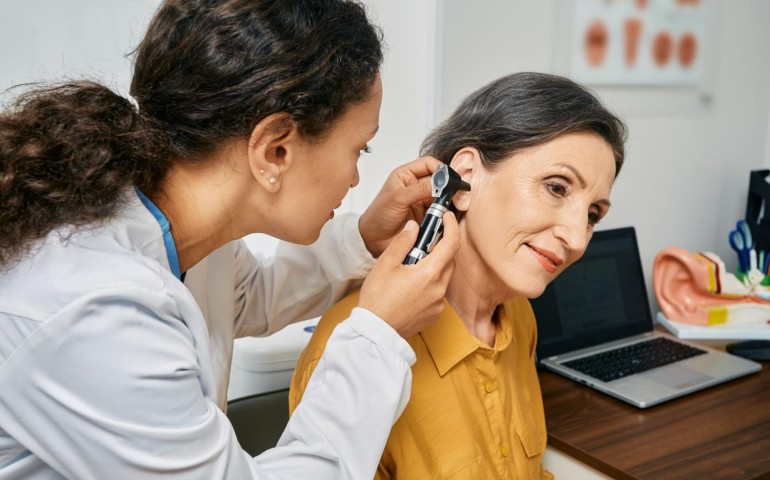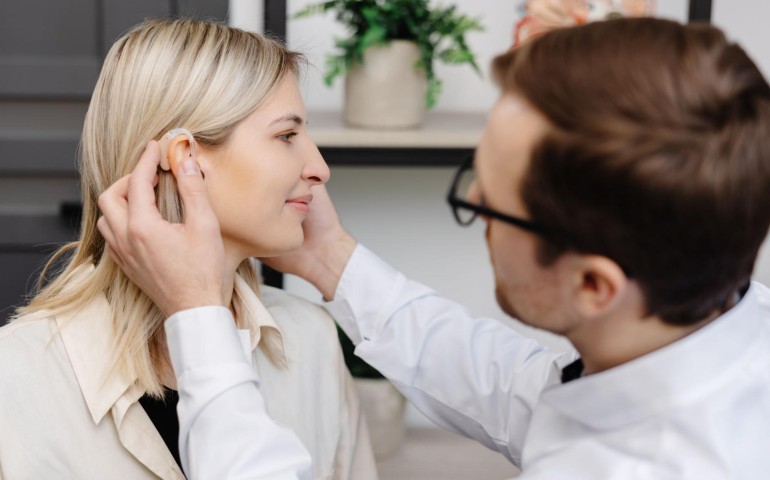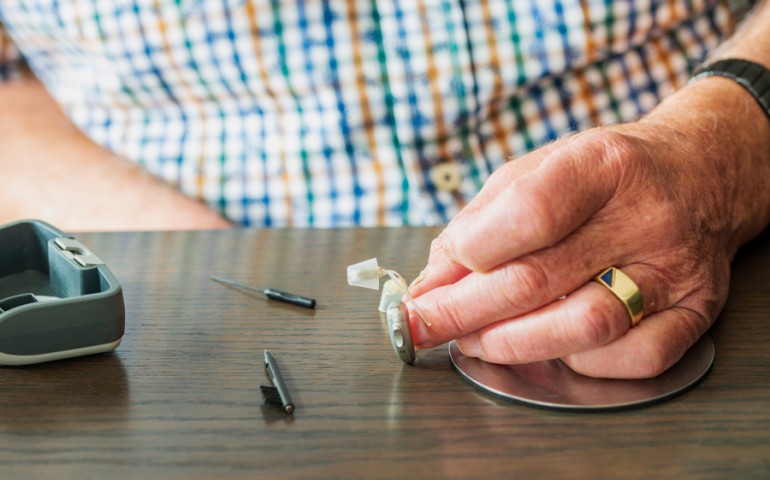The Role of Fitness and Exercise in Preserving Hearing
Maintaining a healthy diet and regular exercise can do more than protect your heart; they can also impact your hearing. Cardiovascular disease can affect your ability to hear. It is critical to keep your blood sugar under control to protect your auditory nerves.
Understanding the Link Between Fitness, Hearing, and Health
Engaging in regular exercise programs can help protect you from the risk of both heart attack and stroke. For example, a daily walk can effectively manage stress levels, ultimately helping to keep your blood pressure in check.
Strokes can have a variety of impacts on your hearing. After a stroke, you may have decreased sensitivity to sound. A stroke can also impact the inner ear and damage your balance. For some stroke survivors, an increase in sensitivity to some frequencies can also become problematic. You may enter a state of auditory overload and be unable to focus or concentrate.
How Exercise Can Contribute to Hearing Preservation
Your inner ear is extremely sensitive to cardiovascular disease. This tiny organ is loaded with sensitive stereocilia that can be severely impacted by a loss of blood flow. If your circulation is poor or you don't get enough exercise, your ears may not get the blood flow necessary, and these sensitive hairs within the inner ear can lose function.
Worse, this problem becomes a downward spiral. If you're anxious about not hearing cars, dogs, and other dangers, you may choose not to go on your daily walk. This loss of movement can further lower your ability to hear over time.
The Role of Nutrition in Hearing Health
A diet high in magnesium and zinc is critical to healthy hearing. Vitamins A, C, and E are also crucial to keeping your hearing as acute as possible. A plate with at least 50% vegetables and fatty fish twice a week is a great start. As a general rule, a heart-healthy diet is good for your ears.
Hearing loss is prevalent in those with diabetes. If you've been diagnosed with diabetes, it is critical that you work to keep your blood sugar from going too high or dipping too long. Nerve damage, a common problem in those with unchecked diabetes, will impact your hearing. The damage from extensive periods of high or low blood sugar is irreversible.
Practical Fitness Tips for Hearing Preservation
A regular cardiovascular workout is crucial for maintaining your hearing health. Starting with a daily walk is highly beneficial. You can incorporate fitness into your daily routine; for example, when shopping for vegetables, park further away from the entrance.
Stress-reducing exercise programs, such as yoga and tai chi, can get your blood flowing and lower your stress. If movement is difficult, try getting into a pool and walking along the edge. Stand in water up to your armpits and gently jog in place to bump up your heart rate without putting too much pressure on your joints.
Work with a personal trainer to start a weights program. You don't have to lift heavy weights to gain great benefits. A personal trainer can help you build proper form to avoid injuries.
Incorporating Hearing Health into Your Wellness Routine
Talk with a hearing specialist about regular hearing checkups. Age-related hearing loss, or presbycusis, is common. However, a healthy diet and exercise routine can help you protect your hearing. Visit Beltone Skoric Hearing Aid Center for testing and assessment to guard your hearing for years to come.






